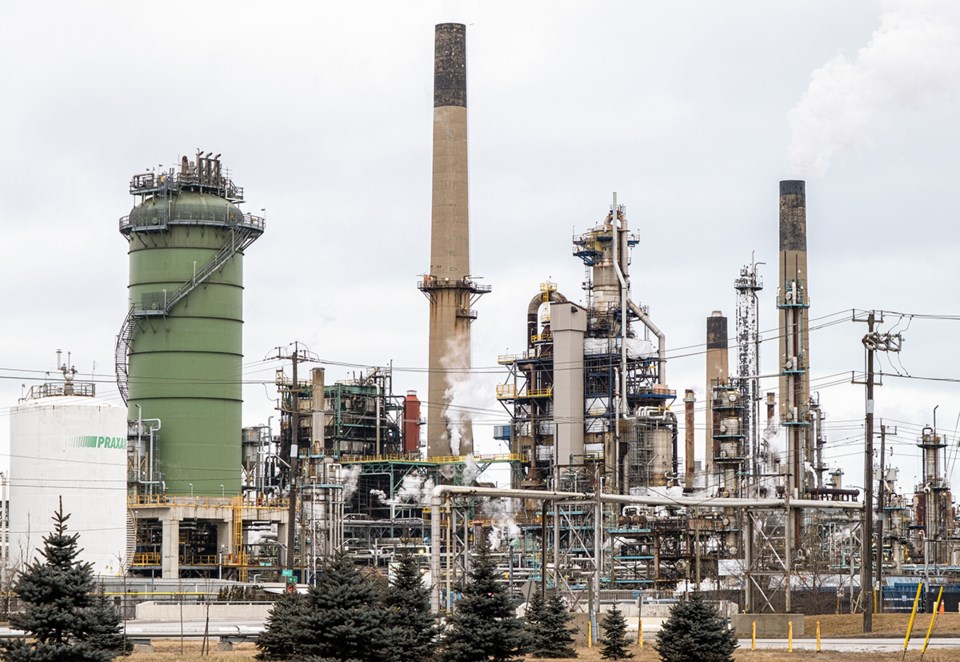Re: Bob Bailey bullish about refineries’ future (Jan. 12) 
MPP Bailey is right to be optimistic about the future of Canada’s refining sector. While industries across the country are exploring pathways to lower emissions, Canada’s refineries are working hard to reduce the carbon footprint of their operations and the fuels they produce, while keeping Canadians moving
With investments in battery storage, carbon capture, co-processing, hydrogen, renewable diesel, sustainable aviation fuel and more sustainable feedstocks, Canadian Fuels Association (CFA) members continue innovating to help meet Canada’s transportation energy needs – now and well into the future.
Home to several CFA members, Sarnia-Lambton will continue to play a critical role in the future of the transportation energy industry; not only within the province, but across the country. New opportunities for collaboration – like Sarnia-Lambton Economic Partnership’s proposal to create a Hydrogen Hub in the region – will be key to decarbonizing both Canada’s transportation sector and other industries that rely heavily on transportation.
Just this week, the U.S. Office of Energy Efficiency & Renewable Energy released the U.S. National Blueprint for Transportation Decarbonization, projecting that the greatest technological opportunities for reaching net-zero emissions in rail, marine, and aviation transport, as well Long-Haul Heavy Trucks, will be hydrogen and sustainable liquid fuels.
The future of transportation energy is changing, but Canada’s refiners aren’t standing still. They’re actively working to support a lower-carbon transportation future, building on over a century of providing Canadians with reliable options to get to where they need to go.
Lucas Malinowski
Director, Government and Stakeholder Relations
Canadian Fuels Association
Have something to say? Send your letter to [email protected]
